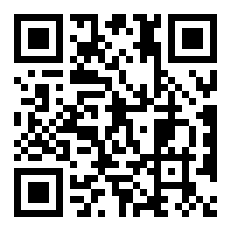JURISTIC OVERVIEW OF THE COMMITTEE SYSTEM IN LEGISLATIVE PROCESS UNDER THE 1999 NIGERIAN CONSTITUTION
Keywords:
constitution, committee system, committee investigation, legislative process, oversight functionAbstract
The committee system is an indispensable component of the legislative process, functioning as a structural and procedural mechanism through which modern legislatures manage their complex and voluminous workloads. This paper presents a comprehensive overview of the committee system, focusing on its evolution, typologies, functions, and significance in legislative governance. It explores how committees—classified broadly into standing, select, joint, and ad hoc committees—serve as the core units for the exhaustive examination of bills, detailed investigations of diverse issues, budget analysis, and executive oversight. By delegating responsibilities to specialized committees, legislative bodies are able to engage in more informed, efficient, and deliberative decision-making processes. The study pays particular attention to the Nigerian National Assembly and its committee system, analyzing its structure under the 1999 Constitution and its Rules of Procedure. It examines the allocation of committee leadership, the role of political party influence, and the impact of committee work on the passage and quality of legislation. While the committee system enhances legislative performance and accountability, the paper identifies key challenges undermining its effectiveness. These include political interference, duplication of roles, limited public access to committee proceedings, lack of technical expertise, and poor enforcement of committee recommendations. The paper concludes by recommending reforms aimed at strengthening the independence, transparency, and capacity of legislative committees. Ultimately, the paper argues that a functional and robust committee system is essential to promoting democratic governance, improving legislative efficiency, and enhancing the responsiveness of the law-making process to public needs
Downloads
Published
How to Cite
Issue
Section
License

This work is licensed under a Creative Commons Attribution-NonCommercial 4.0 International License.
The author reserves the licence with little restrictions.https://kblsp.org,Ng/licence.









